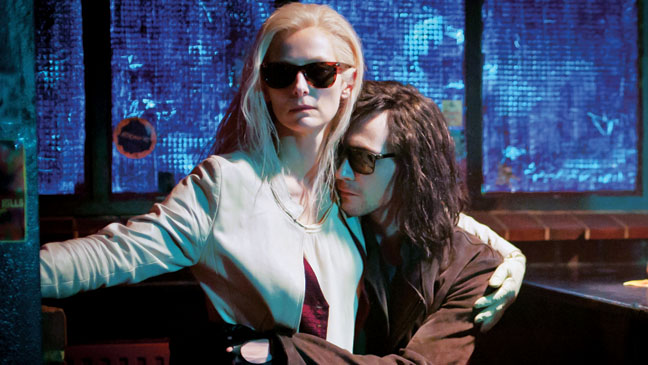
Believe it or not, there was once a time in movie history when the marketing materials created to promote the release of a new film corresponded to the picture’s essence.
With imaginative hand-drawn posters a must for every release and the prospect of big data still years away from influencing what’s packed into a trailer’s two minute spiel, advertising actually played a significant role in promoting the values of a movie rather than existing simply as a clamorous visual statement harassing commuters in subway stations.
Whether the filmmakers themselves had a say in the design of such materials has become irrelevant, as mention of The Godfather evokes images of the distinctive title design just as much as it recalls Brando’s rasp or Nino Rota’s score.
Yet in the 21st century it seems such content has been replaced by inscrutable previews adhering to the strict edict of ticket sales, and a lazy superimposition of a movie’s familiar characters has become a common sight in public places.
More recently, streaming platforms like Netflix have even generated content based less on creative risk than the product of data mining, launching original programming like House of Cards based on users’ proven interest in the BBC source material and the movies of director David Fincher and actor Kevin Spacey.
Much in the same way the art of book covers has fallen by the wayside in favor of stark minimalism or photographic literalism, a movie can no longer effectively be judged by its cover when its cover is merely a reiteration of other titles in its genre.
Fortunately some filmmakers in recent years have recognized the trends in viewers’ expectations and mined the spiritual endowment of big data’s assurance of viewership in order to rope an unsuspecting audience into a meaningful film experience incompatible with their mindless intentions.
Recently movies like Get Out and the documentary series O.J.: Made In America have opened up a much-needed dialogue on race relations in the United States under the unmistakable guise of a standard horror movie and an ESPN-produced sports documentary respectively.
In the spirit of this brilliant bait-and-switch tactic, this list documents ten films from the past decade which utilized this technique to inject sociological, political, or metafictional agendas into movies certain to reach a specific demographic typically undisturbed by such potent messages in their moviegoing career.
1. Only Lovers Left Alive (dir. Jim Jarmusch, 2013)
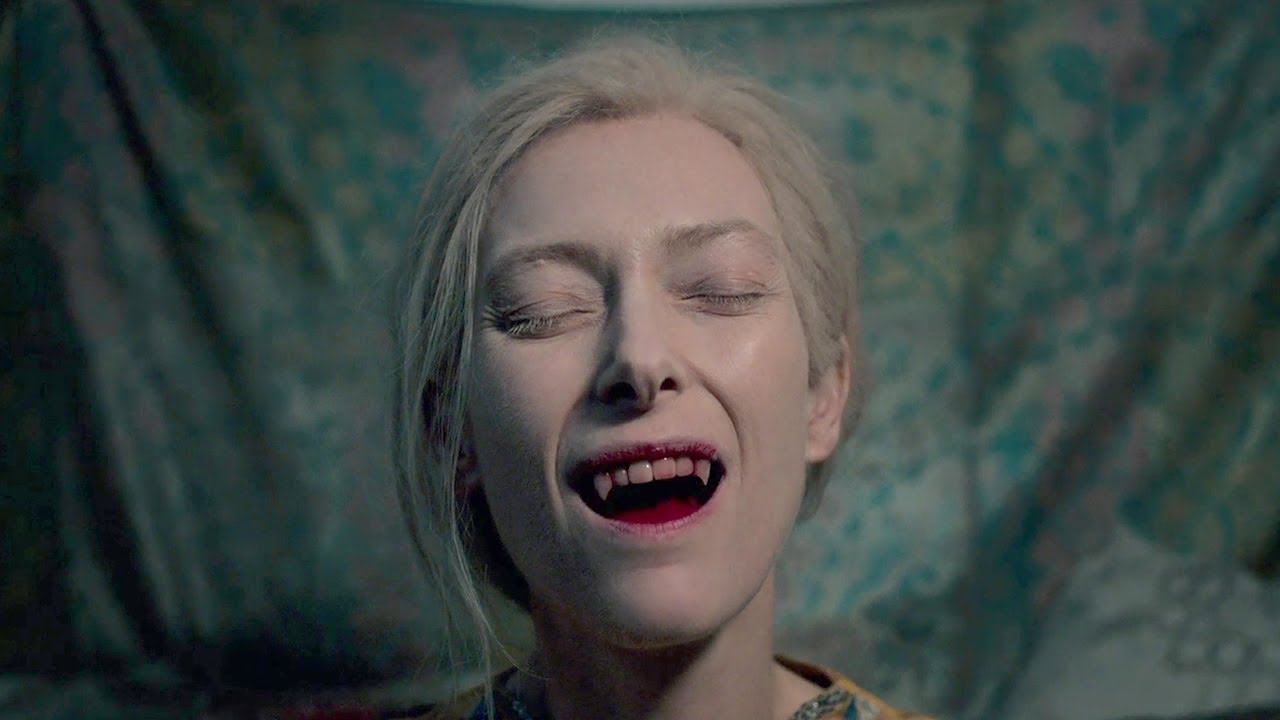
What we expected: sexy and/or spooky vampires
What we got: intellectual vampires
Responding to the recent revelation that we’ve been misinterpreting vampires’ sexiness for spookiness ever since Europeans built a folklore around decomposing corpses (and, evidently, before emaciation was en vogue), Jim Jarmusch’s treatise on the vampiric intellectual was likely greeted with howls of execration by audiences in search of ashen abs or bloodthirsty butchery.
Offering nudity and violence in relatively small doses, Only Lovers Left Alive is too busy focusing on the exhausting concept of eternity to busy itself with fleeting climaxes, picking up the slack from nearly a century of vampire movies inexplicably glossing over such a heavy notion.
By now Jarmusch is an established provocateur of genre pieces, having previously fed the filmgoing masses a prison film notably lacking in escape schemes and a western devoid of a macho gunslinging savior. Yet Lovers is moreso a testament to the writer/director’s undeniable mastery of a specific unaging coolness, stuffing what little importance the film’s plot carries in a centuries-old suitcase of fine-tuned atmospherics.
Rather than adhering to (or cynically debasing) the public’s agenda, the movie instead serves as a meditation on outliving one’s cool after the centuries of hip you’ve been feeding off of go stale in an era of patent lameness. Like Spring Breakers before it, Lovers is an expose of the rich meaning beneath the plastic surface of a subject untouched in arthouse circles, formulating an unironic picture with its genre’s salvageable aesthetics. Regrettably, the only spooky action that occurs does so at a distance.
2. Be Kind Rewind (dir. Michel Gondry, 2008)
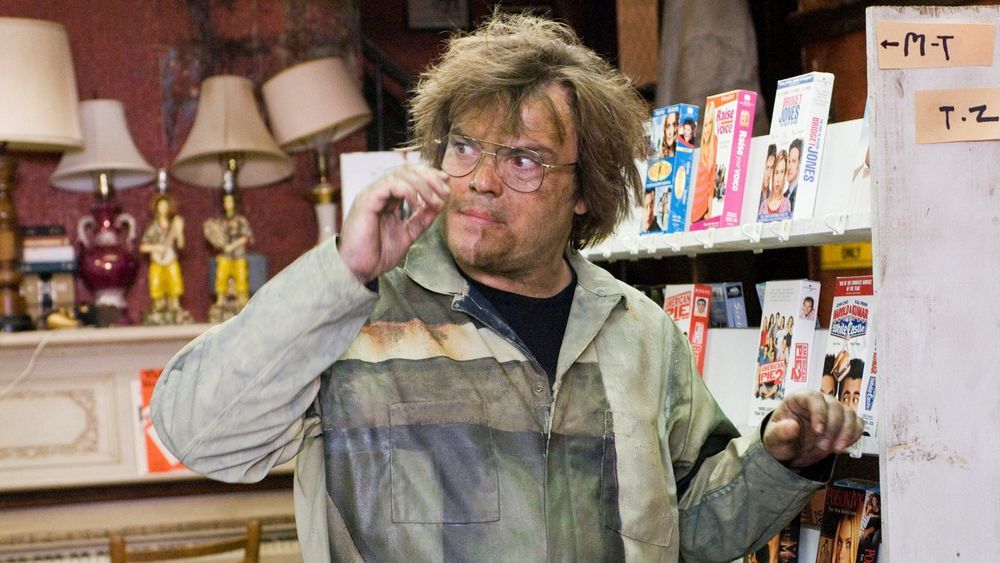
What we expected: 102 minutes of uninhibited DIY creativity on par with Gondry’s career as a music video director
What we got: a two-minute montage of said creativity nestled within a plea to copyright law to let all artists reap the potential benefits of fair use
Preceding the release of Speed Racer’s pro-mom-and-pop tirade by just a few months was an equally-questionable episode in the career of a director at the peak of his fame. Like Speed, Be Kind Rewind presented itself as a slapstick foray into family-friendly material from a demonstratively mature filmmaker exhibiting a significant dumbing-down of the complex neurology and tear-jerking tragedy of his preceding work.
Where Eternal Sunshine and The Science of Sleep excelled in favoring atmospherics over plot, Rewind was an excruciatingly straightforward buddy comedy as inattentive to mainstream appeal as the godfathering Clerks.
But Rewind also echoed the humanitarian vision of Speed Racer, replacing the family-owned racing company with a neighborhood video rental store nostalgically recalling the days of employee recommendations – and in the incompetent hands of Jack Black’s bumbling Jerry: the very personal touch of employee-made films – lost in the impending streaming media revolution.
Despite its playful tone, Gondry’s film poses difficult realities for victims of gentrification while declaring war on copyright laws which similarly gentrify culture by robbing most independent artists of the right to creative reattribution of individual works. Ultimately Rewind does reach the emotional peak of Gondry’s previous work, only this emotion stems from a social awareness totally lacking from his earlier solipsistic filmography.
3. The Sky Trembles and the Earth is Afraid and the Two Eyes Are Not Brothers (dir. Ben Rivers, 2015)
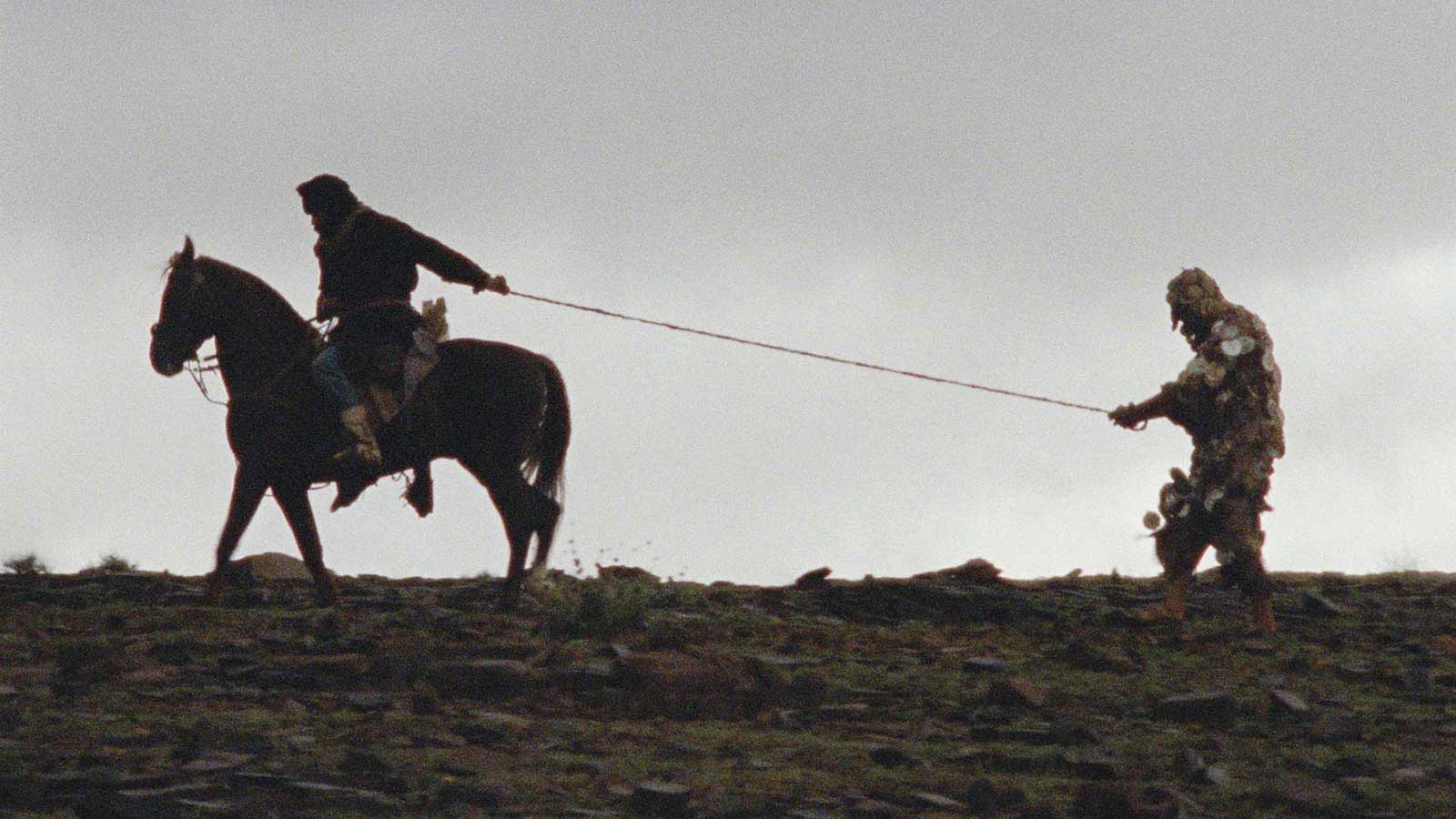
What we expected: a harmless mock doc for the ethnographic film crowd
What we got: a brutal subversion of the genre’s dehumanizing side effects
Despite the possible good intentions of filmmakers who seek to shed light on ways of living unknown to their Western audience, there’s an inevitable sadism in presenting poverty, genocide, or other social unrest via a medium associated with popcorn and excessive air-conditioning.
Where responsible documentarians like Werner Herzog and Joshua Oppenheimer will learn the language and take a bullet or two to best capture the reality of their subject, the fictional filmmaker of The Sky Trembles is swallowed alive by a culture he fails to understand while imposing his own alien culture upon Moroccan locals unwelcoming of his dictatorial directorial behavior.
Receiving little attention outside festival circuits, The Sky Trembles attacks its cinematic demographic by subverting the ethnographic agenda with a do-unto-others philosophy mostly unheeded in the exploitative filming of foreign territory.
Inspired by director Ben Rivers’ firsthand experience exploring the intact sets of Lawrence of Arabia and Othello abandoned in Morocco, the movie is an eerie revenge fantasy overseen by a (presumably) respectful visitor rightfully demonizing the behavior of colonization in the name cinema. Recalling the inert subjects of Chantal Akerman’s journey to the East, Rivers presents a realistic human response to a stranger’s violating camera outside the context of a fame-driven Western society.
4. The Cabin in the Woods (dir. Drew Goddard, 2011)
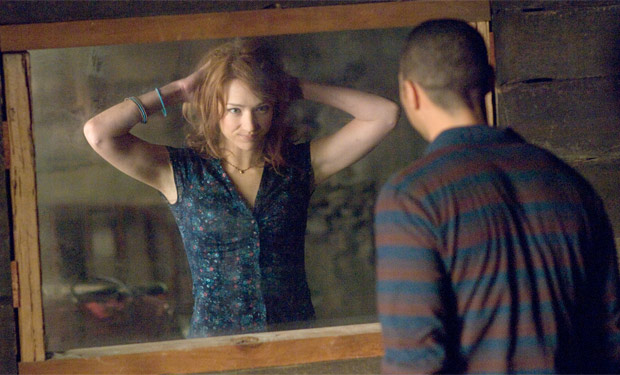
What we expected: a slasher movie. Or a zombie movie. Or a creature feature. I guess it doesn’t really matter so long as it delivers scares.
What we got: an all-encompassing horror metafiction responsibly harnessing its rights to artistic reattribution in the name of satire
Where 2008 saw a surge in agenda-driven narratives for the whole family, 2012 was the year of blatant subversion of the predictable genre film. A novel Trojan Horse marketing campaign for mainstream movies became normalized by such deconstructive feats as The Cabin in the Woods, which exploited the ambiguity of advertising (among other taglines: “You Think You Know The Story”) to amass an audience unprepared to face the unconscionable mechanics behind an institutionalized script.
Unless you were wary of the current critical discourse – or had a lot of faith in Joss Whedon – Cabin’s theatrical reach was limited to those anticipating yet another illegitimate offspring of Sam Raimi’s misunderstood legacy.
In reality, Cabin comedically brings to light the ludicrous de-evolution of the horror genre, once a thriving means of storytelling with heavy subtext and frequent technical breakthroughs in special effects and set design. But as the ceaseless onslaught of forgettable sequels and unnecessary remakes demonstrate, there’s only so much room in the horror canon, providing enough excess fluff that movies like Scream feel obligatory.
Building upon Scream’s legacy, though, Cabin depicts horror movies as a Rubik’s cube with a limited number of available outcomes, which all fall short of an ideal solution produced long ago. It’s no coincidence that the five stupidly-attractive collegiate protagonists reflect the movie’s target demographic, as they embody the naivety of an audience stepping into the same predictable situations repeatedly without gaining a shred of foresight.
5. The Comedy (dir. Rick Alverson, 2012)
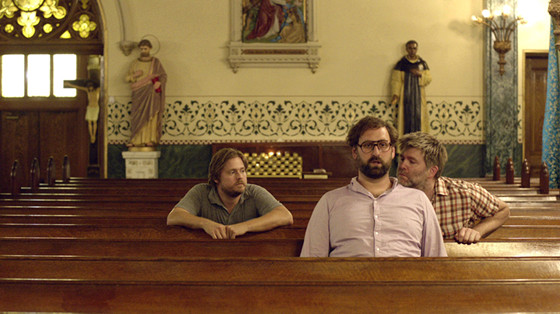
What we expected: a comedy
What we got: a severe anxiety attack
The legacy of Tim Heidecker and Eric Wareheim has consistently proved a staple in Adult Swim’s nightly block of humorist art brut, as the duo – per their network’s vocation – shows little regard for comedic tradition.
Whether it’s a cameo in a Quentin Dupieux project or an in-depth look at cinema in On Cinema At The Cinema, a Tim or Eric stamp of participation represents a trigger warning for content as absurd as it is explicit – though weighs heavily on the latter in Heidecker’s first collaboration with director Rick Alverson.
The vulgar nature of The Comedy isn’t so much based upon the typical MPAA rating assignments, though, but instead upon the unexpected severity of human indignity clashing violently with its red herring title.
Under a superficial gloss of buddy comedy charm and mumblecore production value, The Comedy is an intentionally-soulless endeavor exploring the unenviable private life of a product of privilege and his irony-drenched misunderstanding of race relations, social cues, and human self-respect.
While we laugh at an archetypal Michael Scott’s inability to synchronize his good intent with a politically-correct lexicon, we cringe at Heidecker’s protagonist’s blatant provocation of taboo subject matter, dragging out every gag and cynicism to the point of total unwatchability.
In a long tradition of comedic roles constructed around a grown man acting like a child, Heidecker’s Swanson is both the most detestably detached manchild to grace the big screen and, unfortunately, among the most realistic depictions of modern Peter Pan syndrome to represent his generation.